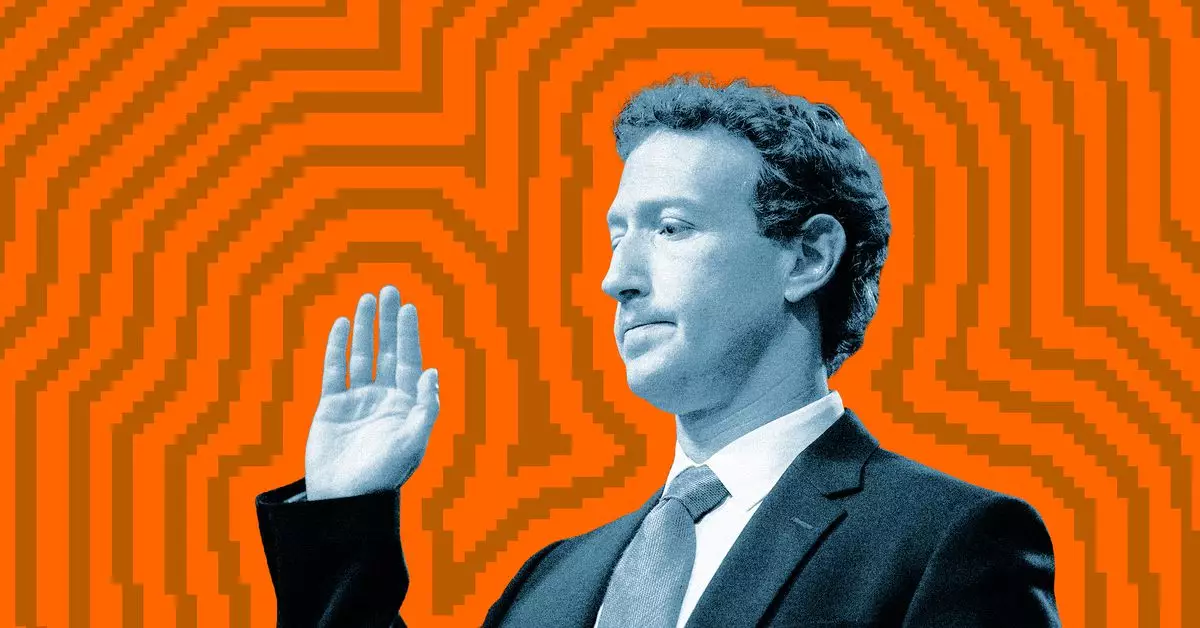In a landscape where technology and politics are increasingly intertwined, the recent dinner meeting between Meta CEO Mark Zuckerberg and President-elect Donald Trump has sparked considerable debate. The meeting, held at Trump’s Mar-a-Lago resort, underscores the significant role that tech leaders play in shaping political discourse and innovation in America. As the tech industry becomes a driving force in the economy, the influence of figures like Zuckerberg is more pronounced than ever.
The context of this meeting is vital, particularly in a time when social media platforms are scrutinized for their impact on democratic processes. The conversation surrounding this dinner goes beyond mere pleasantries; it represents a convergence of business interests and political objectives. Andy Stone, a spokesperson for Meta, described the moment as crucial for “the future of American innovation,” highlighting the expectation that collaboration between tech leaders and political figures can pave the way for advancements in various sectors.
Controversies and Criticism
However, this gathering is not free from controversy. Zuckerberg has faced immense criticism regarding Facebook’s role during the 2020 presidential race. Allegations of the platform’s possible interference and contribution to the election environment have led some to call for accountability and regulation. The tension escalates when considering Zuckerberg’s financial contributions to initiatives aimed at enhancing mail-in ballot processes, an action that has drawn ire from various political factions.
Critics argue that tech magnates like Zuckerberg wield disproportionate power, thereby manipulating the democratic process. The dinner meeting may be perceived as a networking maneuver that could influence political stances and policy decisions in ways that favor Silicon Valley’s interests. It opens discussions about ethical boundaries and the responsibilities that come with significant wealth and influence in shaping the future of governance.
The Implications for Future Politics and Innovation
The implications of such meetings extend beyond immediate political outcomes. They raise broader questions about the future interplay between technology and policy-making. As digital platforms continue to evolve, the potential for tech leaders to sway political agendas grows, prompting lawmakers to devise strategies that balance innovation with regulatory oversight.
This dinner serves as a reminder of the complex relationship between technology and government. It highlights the necessity for a dialogue that not only paves the way for progress but also addresses the ethical considerations of potential overreach by tech companies into areas traditionally governed by political entity.
As we advance toward an increasingly interconnected future, where the lines between technology and governance blur, the Zuckerberg-Trump meeting exemplifies the precarious dance between power, influence, and responsibility. Stakeholders must remain vigilant, ensuring that the quest for innovation does not compromise the integrity of democratic institutions.

